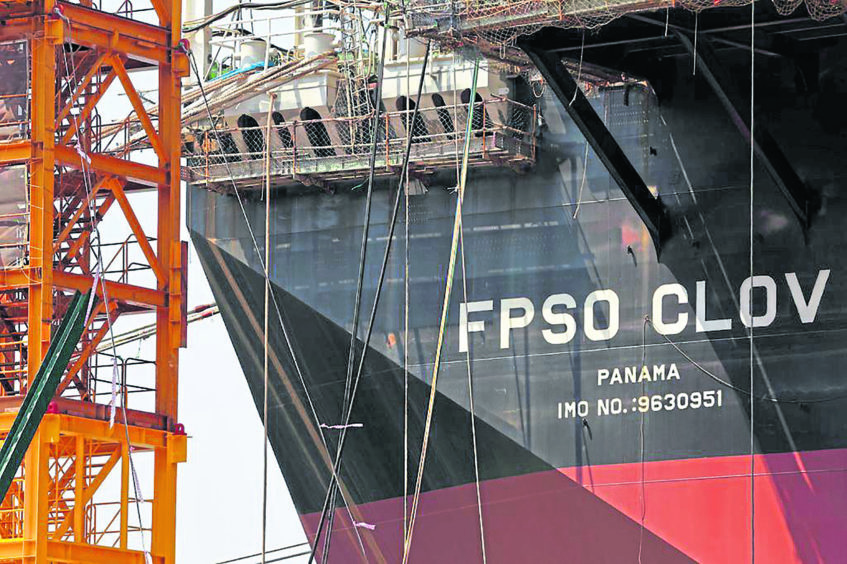
The double threat of coronavirus and the price crash has forced oil companies around the world to rearrange plans and save money where possible, and Africa is set to feel the squeeze.
“In the short term, capex plans have been cut by listed companies and majors, and there has been an immediate lock-up on activity and new deals. The lessons from the 2014-15 crash have helped, with many companies in Africa better positioned now than they were then,” Bracewell’s partner Adam Blythe said. “Costs were already cut and break-evens reduced but this price shock appears set to dwarf what we saw in 2014-15.”
The majors have been reluctant to reveal too much about which projects may suffer. Prospects for major new greenfield projects appear challenged.
LNG faces similar difficulties to oil, Blythe said, noting there may yet be opportunities for domestic gas developments. “The small-scale gas developments may continue, such as gas-to-power. These are smaller in scale but are often based on a single offtaker with consistent demand and a set price, which is not determined by crude, meaning these projects are better insulated,” Blythe said.
One project where backers have already talked of seeking cost savings is Senegal’s Sangomar. Junior partner FAR has raised concerns about closing its financing efforts to cover its share of costs on the field, which may slow work.
Total set out an action plan for its response to $30 per barrel oil saying it would cut organic capex by $3.3 billion, highlighting its ability to cut spending on short-cycle projects. The example given was Angola. The plan was set out days after it cancelled a rig contracted from Valaris for work in the West African state.
“Companies are acting fast to minimise the impact. Operational costs are already being put under tight control like never before. Companies need to take a hard look at their inventory across all their sites, making sure they avoid any unnecessary material purchases,” said Progressive TSL’s CEO Chris Walcot. “Another area which will need careful management is in maintenance of key operating assets, this is a fine balance between minimising unnecessary maintenance and inspection costs, while avoiding reduced performance and ultimately costly equipment failure.”
On offer
Holt Energy Advisors’ managing director Chris Starling said there would be a “very significant short-term impact on most oil-producing countries in Africa but some exploration plays and M&A may still present opportunities”.
“Particular jurisdictions and styles of project are likely to be more attractive than others in any recovery caveated also by how coronavirus plays out.”
Deepwater exploration plays would struggle, he said, but countries with “sizeable gas potential, relatively low-cost drilling and a demonstrable track record of supporting joint ventures with no fiscal regime or legislative surprises, particularly relating to asset transactions where companies consider the liquidity of assets critical, will be the likely focus of any recovery”.
Morocco, Algeria and Egypt are attractive, Starling said, while South Africa’s Durban Basin and Senegal “remain on the radar for companies if industry appetite recovers more generally”.
Tullow Oil is one company looking at asset sales, with a proposed $1 billion worth of holdings up for grabs.
While there will be opportunities, companies should stay vigilant, Aperio Intelligence’s head of Africa Simon Jennings said.
“This may result in some seemingly attractive deals but, while a low price environment can exert particular pressure, it is advisable that investors always take the time to undertake effective integrity due diligence in regard to any new partnerships or transactions. This is something that’s crucial to identifying any red flags well in advance of a deal,” Jennings continued.
Coronavirus
The oil price crash comes as the world – and Africa with its struggling healthcare systems – faces a pandemic. Oil exporters in Africa face a loss of $65 billion, according to mid-March estimates from the United Nations Economic Commission for Africa (ECA). Nigeria and Angola picked budget prices around the mid $50 per barrel mark.
The UN body said Congo Brazzaville was likely to see the largest impact, given its particular reliance on hydrocarbons revenue.
“African governments will face the challenge of keeping investment in their countries flowing while companies tighten the belt on their capex and investment expenditure – we already see large players announcing significant capex reductions in the last few days like Petrobras and Eni.
Similar to 2015, valuations will be hit hard and governments will have to accept that in any deals that are done they are unlikely to see the instant tax benefits of these transactions – particularly where we see companies with stronger balance sheets use their paper to secure corporate deals,” Gneiss Energy’s commercial director Doug Rycroft said.
Governments will need to play the long game, Rycroft continued. “Acting fast to approve M&A deals and place themselves at the top of companies’ priority lists will be the difference between projects moving forward and projects lying fallow in these difficult times.”
Recommended for you
